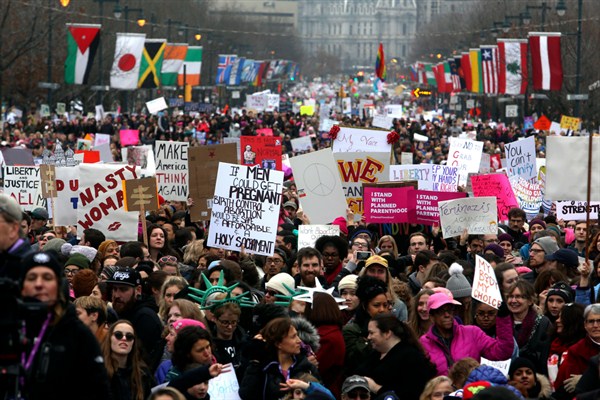When Donald Trump shocked the world by winning the presidency of the United States, just a few months after British voters opted to leave the European Union, the rise of rightist, anti-establishment populists started to look like an inexorable trend across the West and elsewhere.
To be sure, the twin successes of right-wing, anti-immigrant insurgencies did energize like-minded movements in other countries. And yet, they also triggered another reaction—a paradoxical, if not altogether unpredictable response.
Trump’s win, and to a lesser extent Brexit, made tangible the threat of what had until recently been dismissed as a curious fringe phenomenon. By making the risk palpable, it electrified large numbers of people who disagreed with those illiberal views, but who had remained until then mostly apathetic, lulled into complacency by a sense that the range of possible outcomes in modern Western politics was narrow—that no matter who won, everything would stay largely the same.

